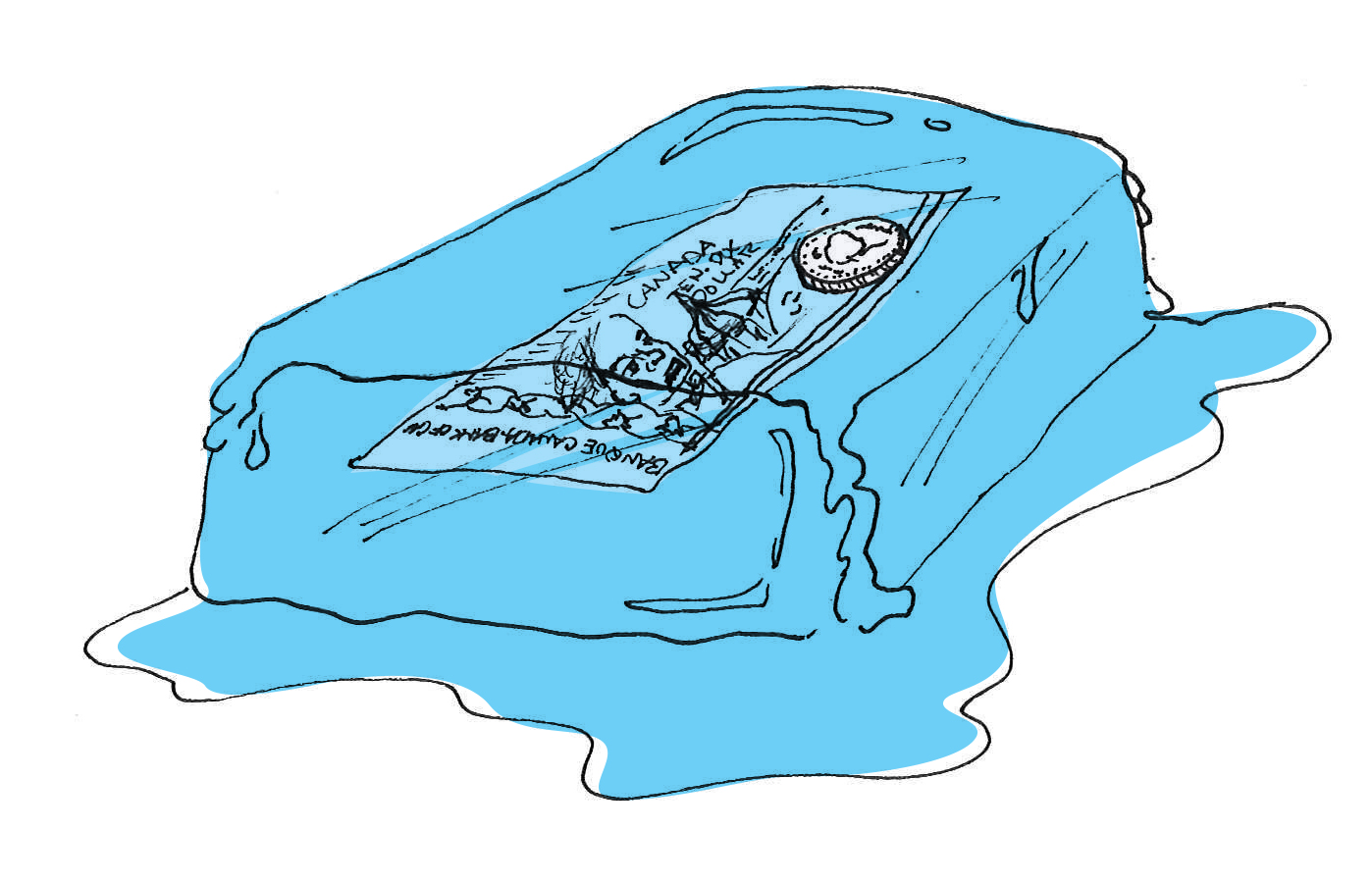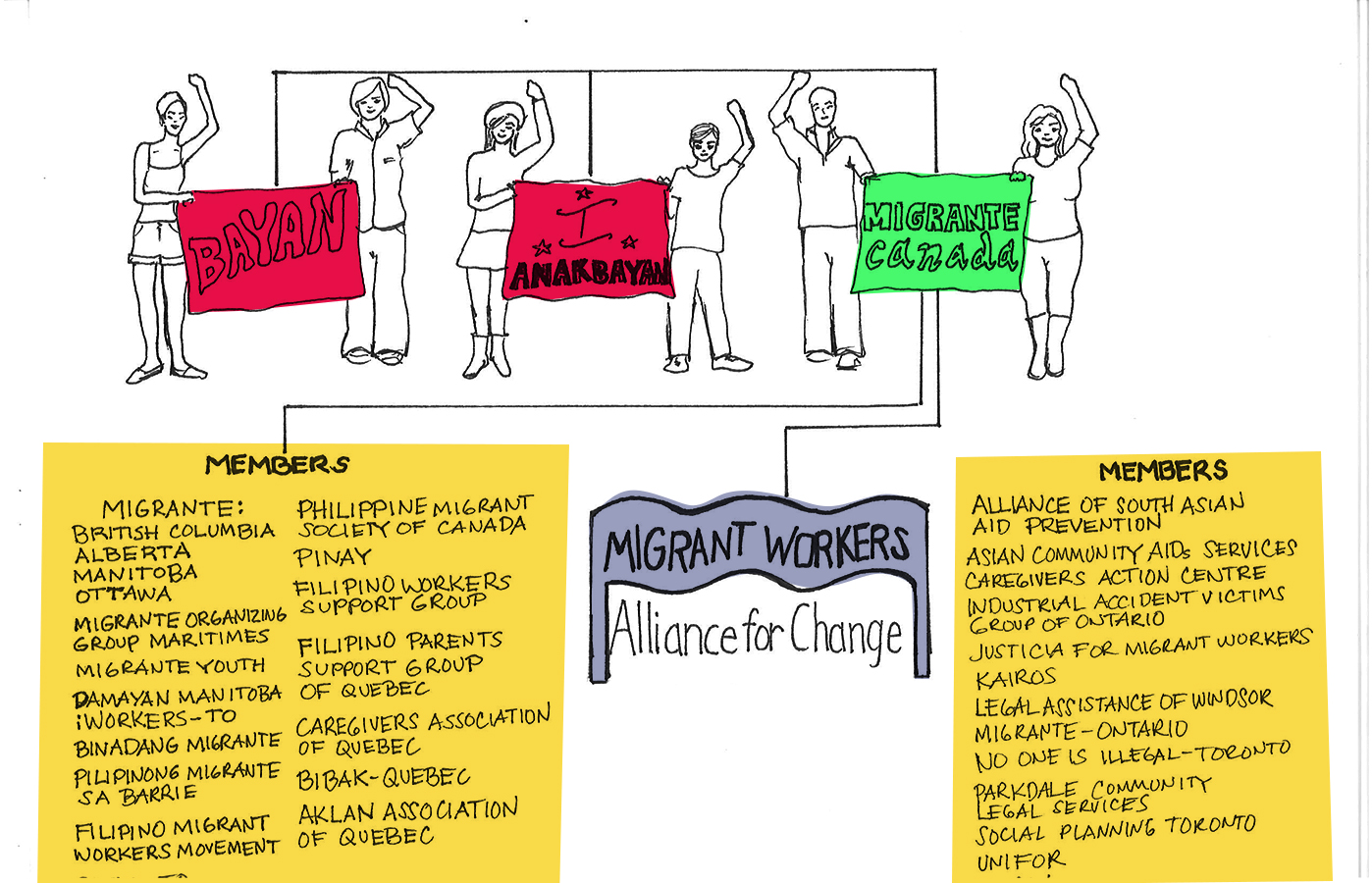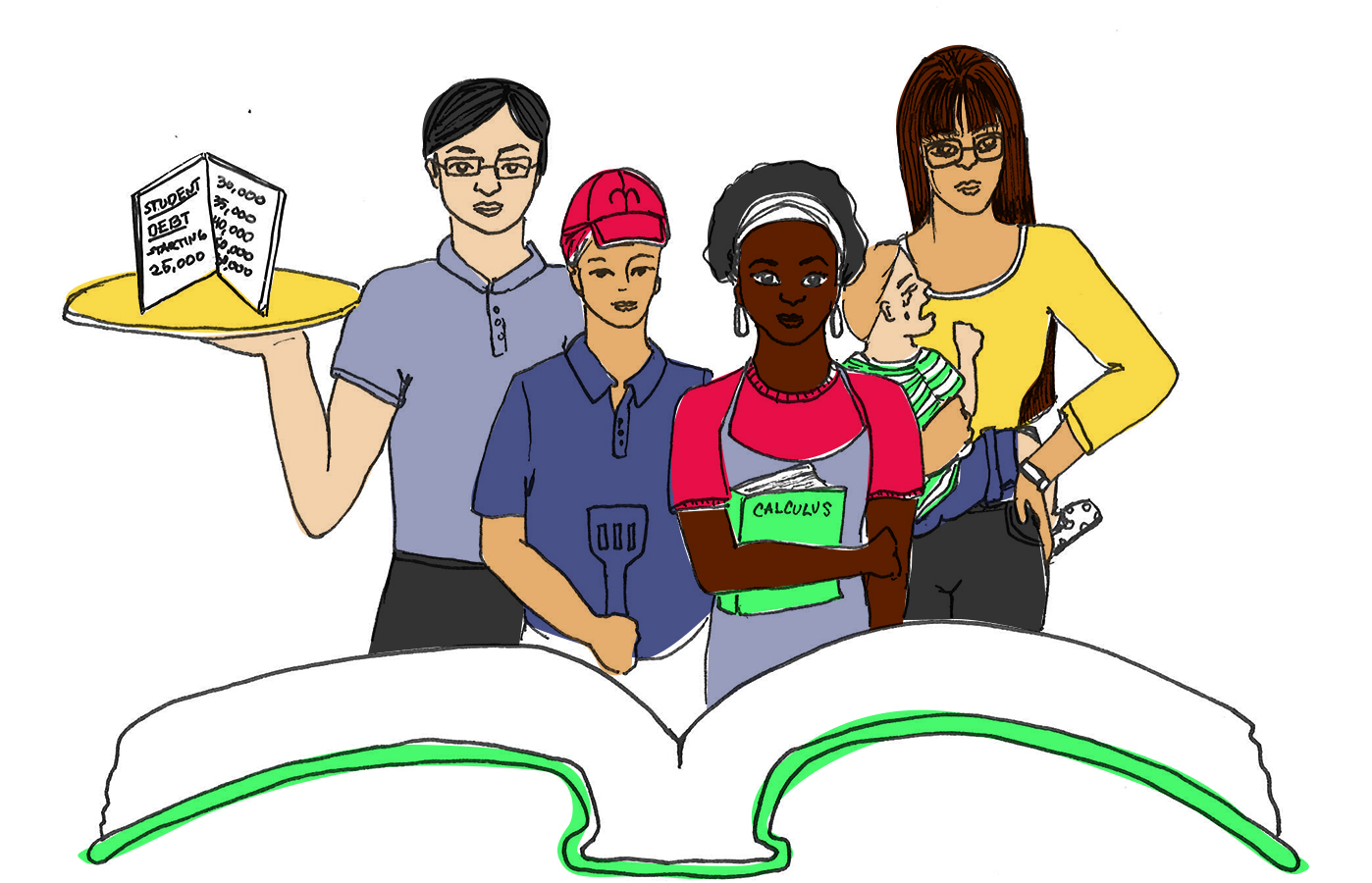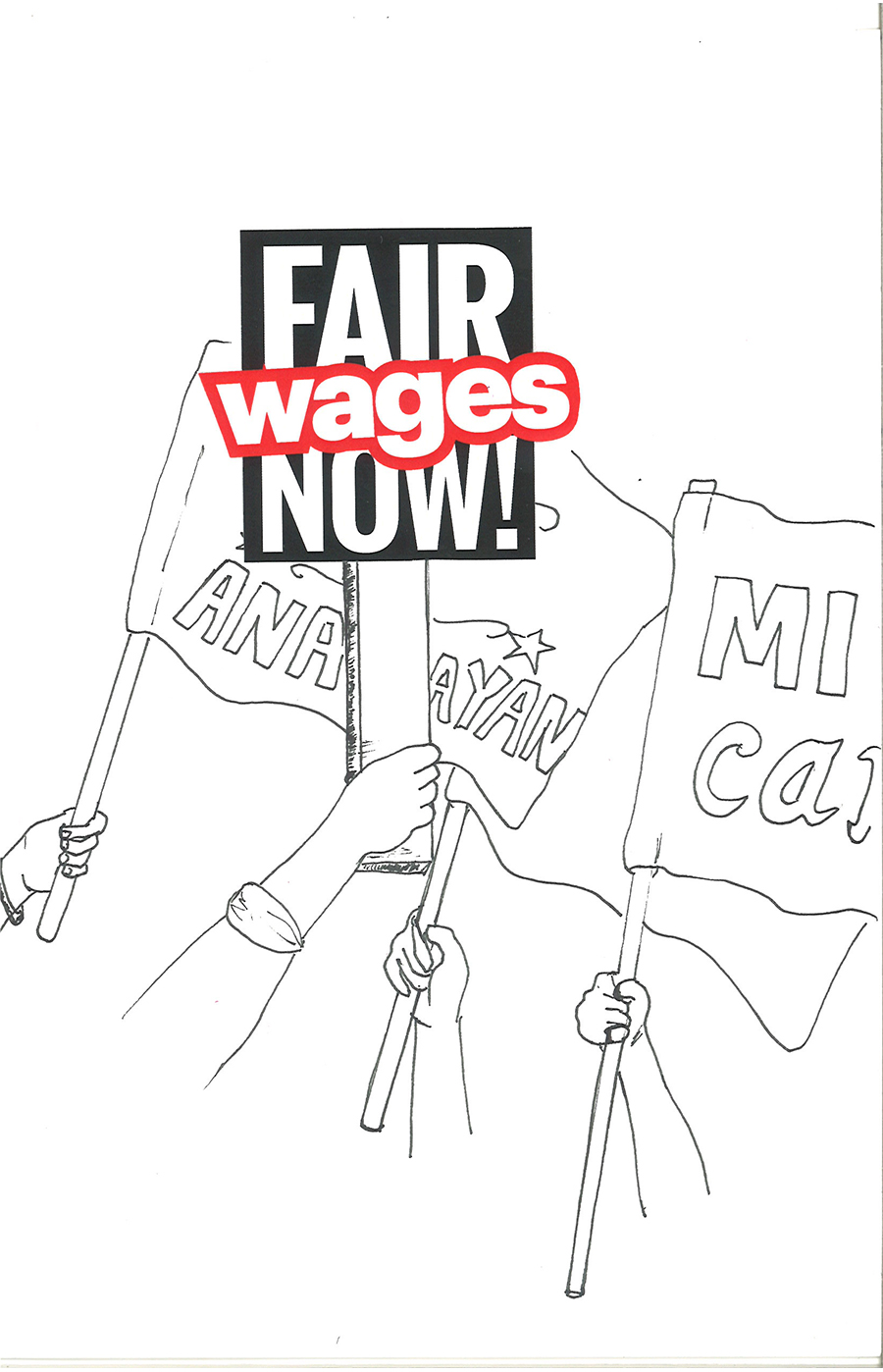Breaking
8 REASONS WHY FILIPINO YOUTH JOIN THE ONTARIO $14 MINIMUM WAGE CAMPAIGN
1. Ontario minimum wage has been frozen for three years
The province’s minimum wage had previously been frozen at $10.25 an hour since 2010. Before that, minimum wage had increased annually since 2004, when it was $6.85 an hour.
2. $14 is indexed to cost of living, $11 is not enough
Going up with the cost of living every year is an important step forward, but a minimum wage hike of 75 cents on June 1st is not enough: workers will still be 16% below poverty line. Life on minimum wage is not a decent living. Without the needed raise, we can’t put money back to the local economy.
It is a rhetoric that minimum wage increases are bad for business and governments need to mitigate the damage. This sets an extremely dangerous precedent. However, history proves otherwise. Raising it in fact is one part of a larger solution to address the crisis in our communities of increasing income inequality and rampant displacement.
3. Especially for racialized youth
For generations, young people have been introduced to the job market through part-time minimum wage jobs, especially in fast food and retail. This was promised to be a temporary stepping stone to the launching of our full-time careers as we turn into young adults.
The reality for young workers today is grim as many of us approaching our mid- to late-twenties are still working in minimum wage, part-time, contract, and temp agency jobs. This is true even for our sisters and brothers who are college and university graduates.
As racialized youth we pay more for our education. Studies show more racialized students are likely to take out loans to pay for their post secondary education because of low family income from the minimum wage jobs their parents are raising their family with.
4. Anakbayan works with Migrante
Anakbayan-Toronto is a comprehensive national democratic mass-based Filipino youth group. As an overseas chapter, we unite youth from all walks of life in one struggle for national liberation and genuine social change in the Philippines, while fighting for the rights and welfare of Filipinos in Canada.
We work closely with Migrante-Canada, an alliance of 19 organizations in Canada from coast to coast.
5. …which is part of Migrants Workers Alliance for Change
Migrant Workers Alliance for Change (MWAC) is Canada’s largest coalition of migrant worker groups and allies. It is comprised of various advocacy and community groups, unions, workers and community members, aimed at improving working conditions and fighting for better protections for live-in caregivers, seasonal agricultural workers and other temporary foreign workers as they remain financially vulnerable in terms of wages, savings and debt levels.
6. Inspired by our colleagues from Washington, D.C., Chicago, Oakland and Seattle
On May 15, thousands of fast food workers will go on strike in 150 US cities. The day will also mark the first spread of fast food labor unrest abroad in solidarity with protests in 30 other countries on six continents, many of them targeting McDonald’s.
The demands have remained constant: raise the minimum wage and the right to form a union. Since that initial action in New York City, the strikes have quickly spread across the country, starting in the northeast but moving to the midwest and south.
Substantial victories from the bottom of the pile includes legislation to raise the minimum wage in Seattle to $15 an hour, by far the highest of any major city in the US and more than double the federal requirement. The measure is being pushed by mayor Ed Murray and has strong public support.
7. We need to sustain our efforts
The problem comes when a wage increase is coupled with a tax cut. Ontario’s economy should be based on a national strategy to reduce poverty in five years. aside from $14 minimum wage, ideally there should also be changes to personal taxes that reduce income inequality.
8. …with a strong collective voice and action
A move to raise the minimum wage is not only good for the economy, it’s the moral thing to do. It’s about raising the standards for workers and creating a dignified wage. It’s about improving the lives of students students, caregivers, renters, parents, and neighbours. It’s about aligning with historic laws, such as paid sick days and paid health care. It’s lifting lives out of unpaid internships and eliminating tiered wages. History is on the side of positive social change.


























